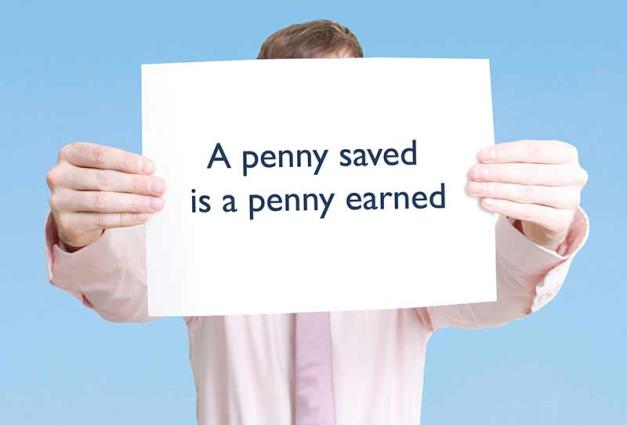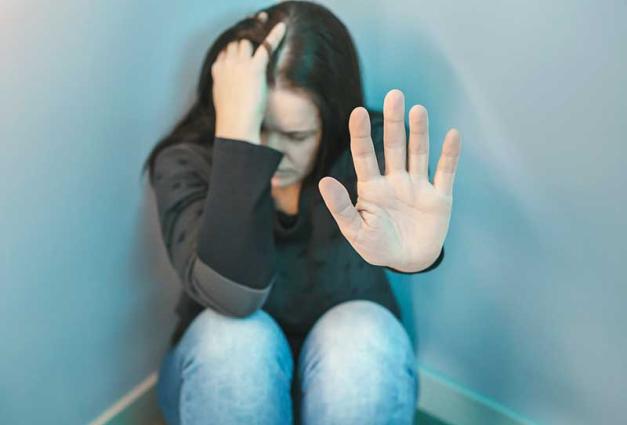Next to "wash your hands, "be kind to others" is perhaps the most common lesson many people learn as children. Or maybe you heard it in a slightly different tone, like, "Hey! Be nice to your brother!" Either way, it's good advice. Some of the benefits are pretty easy to see—being kind can make a real difference in the well-being of other people, and generally makes our communities and societies more pleasant to live in.
But kindness is also good for us—the givers. Many studies have shown that performing acts meant to benefit another person—prosocial behavior—makes people feel a little bit better and might even have long-term benefits for mental health. That's exciting, not just because it means your parents were right (thanks Mom!), but also because it implies that anyone has it in their power to make their lives a little happier. There are, after all, opportunities for kindness all around us, every day.
Of course, there is still a lot we don't know. In particular, scholars aren't sure why doing nice things makes you feel good. That's important, because knowing why something works helps us determine if we can make it more effective, and it helps us to understand why, sometimes, it doesn't seem to work at all.
Why Does Being Kind Make Us Feel Good?
One line of thinking is that doing kind things satisfies basic psychological needs. Just as people need food and water to survive physically, people thrive psychologically when they feel competent, freely choose what they want to do, and have satisfying relationships. Kind acts can of course help with all of these things—these good deeds can be freely chosen, allow people to make a difference in the world, and strengthen relationships with others.
But there is also something fundamentally moral about being kind. Almost everyone agrees that helping others is not just good, but right at some deeper level. Could that have something to do with why doing good feels good?
Laura Upenieks and I decided to find out. We conducted three studies that measured kind behavior in different ways. In one study, we asked people to describe a time they had spent about $20 on someone else. In another, we asked respondents to describe a recent time when they had helped or cared for another person. In the third study, we asked people to complete mathematical puzzles to earn money for a charity. We compared these do-gooders to people whom we asked to do or describe relatively mundane things, like remembering a trip to the grocery store. To make the results more reliable, we combined the findings from all three studies.
As we expected, the people who did kind things felt a little better than those who didn't. They also felt emotionally closer to others and saw themselves as more moral. While we can't be completely sure, it looks like the two are connected: people who did kind things felt better because it made them feel more connected to others, and because it allowed them to see themselves as moral individuals.
It is important that kind acts bolstered positive emotions in both of these ways. Our analyses adjusted for the fact that many moral acts might also build relationships. This means that building relationships and acting morally can boost positive emotions even when they occur separately. Hence, a kind act that is anonymous, benefits an organization, or is unlikely to build a relationship for some other reason can still produce emotional rewards.
What's more, our studies focused on how participants viewed the morality of their own behavior, rather than how others perceived their behavior. This implies that what really matters is what you believe about what you do. For those interested in enjoying the benefits of kindness, the pivotal question might not be "Will others approve?" but instead "Do I think I have done right?" That is a lesson that I think many people, parents or otherwise, are likely to appreciate.
For Further Reading
Miles, A., & Upenieks, L. (2022). Moral self-appraisals explain emotional rewards of prosocial behavior. Journal of Happiness Studies, 23, 1793–1814. https://doi.org/10.1007/s10902-021-00434-w
Curry, O. S., Rowland, L. A., Van Lissa, C. J., Zlotowitz, S., McAlaney, J., & Whitehouse, H. (2018). Happy to help? A systematic review and meta-analysis of the effects of performing acts of kindness on the well-being of the actor. Journal of Experimental Social Psychology, 76, 320–329. https://doi.org/10.1016/j.jesp.2018.02.014
Andrew Miles is an associate professor in the Department of Sociology at the University of Toronto. He studies moral cognition and behavior and occasionally dabbles in research methods.




